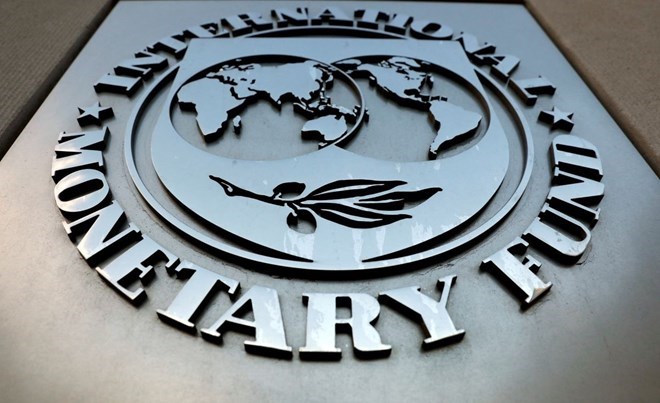
Thursday December 8, 2022

Washington, DC: On December 8, 2022, the Executive Board of the International Monetary Fund (IMF) completed the fourth review of the Extended Credit Facility (ECF) arrangement for Somalia.
The Board’s decision enables the immediate disbursement of SDR 7 million (about US$ 8.9 million), bringing Somalia’s total disbursement under the Extended Credit Facility (ECF) and the Extended Fund Facility (EFF) to SDR 278.4 million (about US$ 393.2 million).
Somalia’s ECF arrangement was originally approved by the Executive Board on March 25, 2020 (see Press Release No. 20/105) as part of a three-year blended arrangement under the ECF and the EFF, which involved access of SDR 252.86 million (155 percent of quota) under the ECF and SDR 39.57 million (24 percent of quota) under the EFF.
As the full amount of the EFF arrangement was made available on approval and drawn at the first purchase, the EFF arrangement lapsed immediately. The ECF arrangement supports the implementation of the authorities’ National Development Plan and anchors reforms between the HIPC Decision and Completion Points.
Executive Board Assessment.
Executive Directors agreed with the thrust of the staff appraisal. They welcomed the Somali authorities’ commitment to economic reforms and the HIPC process, notwithstanding the challenges arising from an acute food crisis. They called for continued efforts by the authorities and sustained support from international partners to address the humanitarian crisis and reduce climate vulnerability to prevent food crises in the future.
Directors positively noted that performance under the program has been strong and commended the authorities’ steady progress under the HIPC process that is laying the ground for the Completion Point to be achieved in late 2023. They encouraged the authorities to continue with the timely implementation of the remaining HIPC Completion Point Triggers and to finalize debt relief agreements with all creditors.
Directors praised the implementation of reforms to raise domestic revenues and called for further efforts on tax policy and administration reforms, including customs modernization and the new income tax law. Directors commended the improvement in public financial management and encouraged further progress on payroll integration and fiscal transparency. Such efforts are needed to ensure medium-term fiscal sustainability given Somalia’s very low tax ratio amid large development needs, and the expected shift to concessional financing at the Completion Point.
Directors appreciated the continued reforms to strengthen the central bank’s governance and legal frameworks, including implementation of IMF Safeguards recommendations. They recommended further bolstering the central bank’s financial regulation and supervision capacity.
Directors noted that important steps have been taken on governance. They encouraged continued efforts to address ML/FT risks and ensure the enactment of the Targeted Financial Sanctions Law. Directors stressed the importance of finalizing the legal framework for the extractive industries, developing better control of government lands and real estate, and implementing the National Anti-Corruption Strategy.
Beyond the HIPC Completion Point, Directors stressed the need for further reforms to promote inclusive growth. These include building resilience to climate shocks, advancing implementation of the national development plan, and promoting financial deepening and inclusion, while maintaining fiscal sustainability. Directors noted that support from development partners is important for the successful implementation of the authorities’ reform strategy, including continued IMF CD support and financing from partners for the Somalia Country Fund.
It is expected that the next Article IV consultation with Somalia will be held in accordance with the Executive Board decision on consultation cycles for members with Fund arrangements.